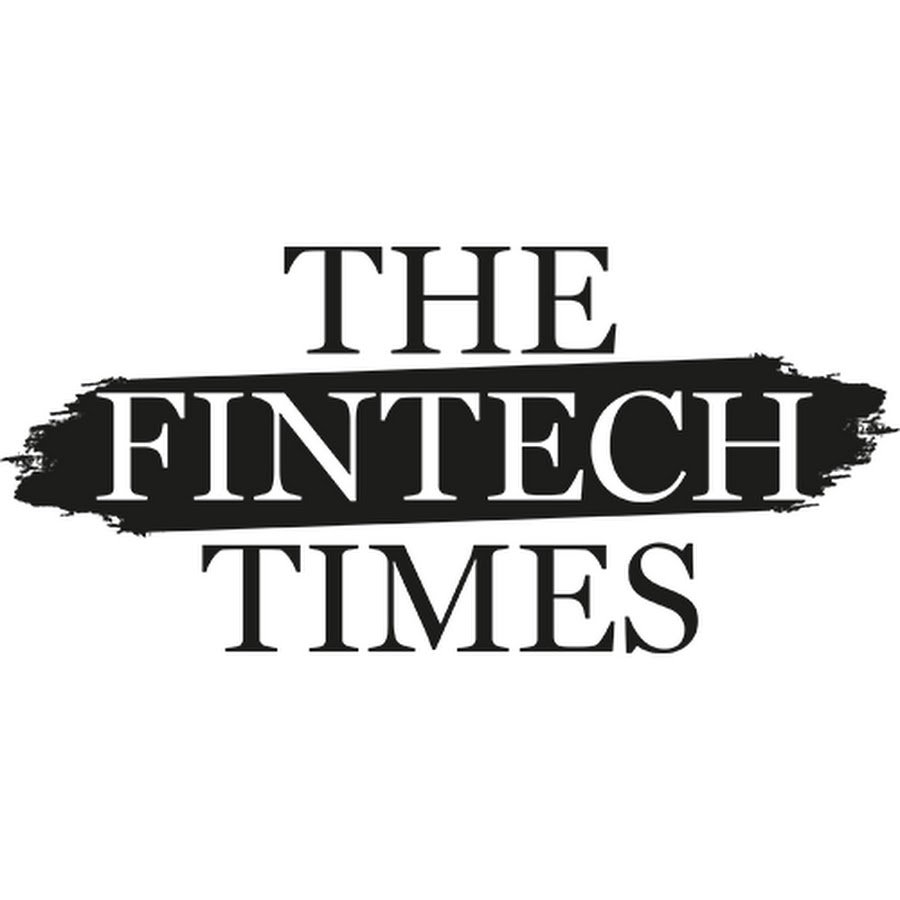BridgerPay is the world’s first payment operations platform, built to automate ALL payment flows, empowering ANY business.
How Fintech and Digital Tools Are Elevating Financial Reporting in Real Estate

We asked industry experts to share their insights on how these technologies are transforming financial reporting in property management.
Their perspectives highlight the ways in which fintech and digital tools are streamlining operations, reducing errors and providing clearer financial insights in real time.
Precision in property costs
Elizabeth Dodson, co-founder of HomeZada, an AI-powered home platform, highlights the critical role fintech solutions play in enhancing financial reporting for property managers.
“Fintech solutions, such as HomeZada, can give a precise view of property management costs – ranging from maintenance, loans, insurance and warranties to improvements and remodels – to determine a total cost of ownership of each property.
“By understanding the costs of each property, the property manager can roll-up costs to determine how specific properties are effecting the larger portfolio.”
Operational control
Jeff Dewing, CEO and founder of property technology company Cloud, underscores the importance of operational control in cost management within the property sector.
“Proptech has established that cost management comes from activity control and visibility of every activity in a building,” Dewing explains. He emphasises that operational control can be more effective than fintech alone in managing costs and revenue.
Dewing also highlights the role of digital lending platforms in streamlining finance processes: “Digital lending platforms will remove existing barriers and time constraints that have been inherent in the process for years in securing appropriate finance at speed and simplistically.”
Harnessing AI
Fintech and digital tools can greatly enhance the precision and efficiency of financial reporting for property managers by automating data collection and analysis. However, as Hans-Christian Zappel, CEO and co-founder of IMMO, a tech-enabled platform providing data on potential housing investment opportunities, points out, the accuracy of reporting still heavily depends on the quality of the input data.
“There are advanced technological solutions available that improve data capture and handling,” he says. “For instance, smart in-building data capture technologies can reduce human error and improve data quality. However, a substantial amount of data still comes from manual processes, leading to inconsistencies that require labour-intensive data cleaning and reconciliation, such as comparing rent rolls with lease contracts and bank statements.
“AI offers a transformative solution to these challenges. For instance, IMMO has developed the tool Knox (Knowledge Extraction) to extract and structure unstructured data from various document formats. This turns the data into usable outputs, enabling more accurate and automated reporting.”
Centralising financial management
Ran Cohen, co-founder and CEO of BridgerPay, a payment operations platform, touches on the advantages of centralising financial transactions to improve reporting accuracy.
“Using a unified payment operations platform can centralise all transactions into a single source of truth and reporting tool. This enables financial managers to reconcile all transactions from one place, improving the accuracy and efficiency of financial reporting.
“Such platforms, like BridgerPay, provide tools for streamlining financial management and reporting, enhancing overall operational efficiency.”
